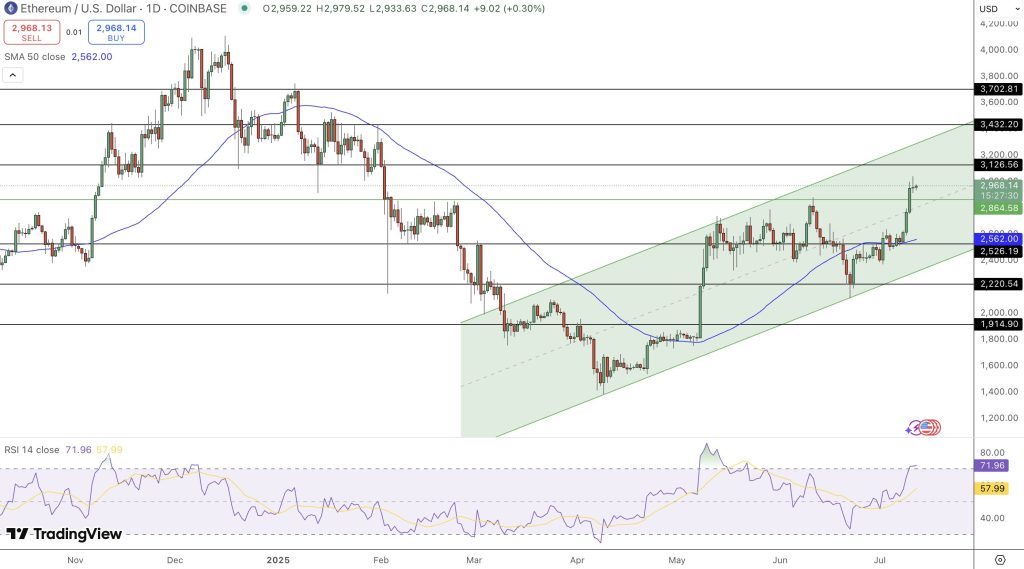The rapid advancement of AI and emerging technologies is transforming the HR landscape. Routine tasks are being automated, recruitment and performance management are becoming more data-driven, predictive analytics is enabling proactive decision-making and employee experiences are increasingly tailored to individual needs. This evolution empowers HR teams to take on a more strategic role within organizations.
However, ethical considerations, data privacy, resistance to change, workforce disruption, integration with legacy systems and digital skill shortages all require careful navigation. To thrive in this new era, HR leaders must balance innovation with a strong commitment to human-centric values.
Over the past year, global HR leaders have faced unprecedented demands for agility and adaptability. From AI-driven job disruption to evolving regulations around the gig economy, staying ahead of change has been essential. Technology has not only driven these developments but also provided the tools to respond effectively.
Flexible working
Technology and AI continue to drive HR innovation, enabling flexible work models through intelligent systems and digital connectivity. Cloud-based HR platforms grant real-time access to employee data, workflows and support services, regardless of location. Meanwhile, AI-powered tools optimize virtual recruitment and performance tracking.
Collaboration technologies, automated scheduling and personalized e-learning platforms enhance productivity and engagement across dispersed teams. This boosts operational efficiency and helps organizations attract and retain top talent, hereby reshaping the future of work around flexibility, inclusivity and wellbeing.
The continued adoption of hybrid and remote work arrangements is a major catalyst for this change, becoming a lasting preference since the pandemic, and improving both employee satisfaction and work/life balance.
It has also allowed smaller firms to expand beyond local hiring pools and access global talent—something that would have posed greater challenges before 2020. The change has been significant: Data from WFH Research shows that in 2024, over one in four paid workdays in the U.S. were completed from home, up from just one in 14 before the pandemic.
This quick expansion of working models has pushed HR leaders to stay current with the technologies needed to manage dispersed teams. All-in-one platforms monitoring payroll and employee data have proven essential, offering centralized access, retention insights amid return-to-office tension and real-time engagement metrics. Video conferencing tools and digital project platforms support efficient global workflows. As AI fuels the creation of entirely new job roles, online platforms assist teams in benchmarking salaries for positions that previously didn’t exist.
Compliance
As updates to U.S. law roll out at pace, HR leaders continue to face the challenge of remaining compliant.
Critical updates to sick leave laws in a number of states comprise one such challenge. For example, in Missouri, employers must now provide one hour of paid sick leave for every 30 hours worked, capped at 40 hours or 56 hours per year, depending on the company size. Similar laws come into effect in Alaska on July 1, coinciding with the local minimum wage rise to $13 an hour. In cases where organizations have employees based across multiple states, HR tech platforms enable onboarding and payroll services, and provide localized benefits in compliance with state laws.
Meanwhile, across the U.S., diversity, equity and inclusion have come under scrutiny with governmental pressure on businesses to roll back DEI policies. According to SHRM, 45% of HR professionals said recent executive orders will make their jobs more difficult, and 55% of CHROs anticipate many companies scaling back or eliminating DEI initiatives this year. As SHRM notes, this changing DEI landscape is fostering a sense of uncertainty among HR professionals. This is especially true as HR teams in global U.S.-based companies attempt to navigate DEI compliance overseas. For example, many countries, such as Italy and France, have mandated hiring quotas for people with disabilities. HR leaders now face the challenge of complying with overseas DEI laws while attempting to manage mandated DEI scale-backs at home.
HR tech is at the forefront of simplifying compliance with new requirements, as online platforms allow organizations to automate compliance with new laws as they come into effect.
Pay benchmarking and transparency
The pace of technological change, particularly in AI, has triggered the emergence of brand-new job roles. Positions like machine learning engineers, data scientists, prompt engineers and AI ethicists demand niche skill sets that are both highly sought-after and in short supply. Many HR teams are now navigating unfamiliar ground, competing to secure top-tier candidates in a rapidly evolving market.
To address this, advanced compensation benchmarking platforms have become vital. These tools provide reliable insights into market rates for new and existing roles, helping HR professionals set salaries that are competitive and aligned with industry expectations. This not only aids in hiring but also supports long-term employee retention.
Pay equity tools are also growing in importance, helping organizations identify disparities, support legal audits and comply with government regulations. By leveraging these solutions, HR teams promote fairness, transparency and trust—cornerstones of inclusive company cultures.
Another challenge faced by HR professionals in this space involves adhering to new pay transparency laws. Since the start of this year, employers in Illinois and Minnesota must provide salary ranges in job postings, following the lead of states like California and Colorado. Meanwhile, New Jersey, Vermont and Massachusetts are expected to roll out additional pay disclosure regulations later this year. Applicant tracking systems can help make certain pay ranges are published where necessary.
HR tech: the key to agility
Over the past year, global HR leaders have faced a fast-moving landscape shaped by AI-driven role creation, changing labor laws and the pandemic’s impact. HR technology has enabled flexible work models, access to global talent networks and dispersed team management. Meanwhile, as compliance challenges intensify, HR tech is proving vital in streamlining compliance through automation.
The transformation of the working world shows no signs of slowing. However, by leveraging technology, HR teams can ensure they are equipped to remain alert, informed and ahead of future developments.
Credit: Source link









